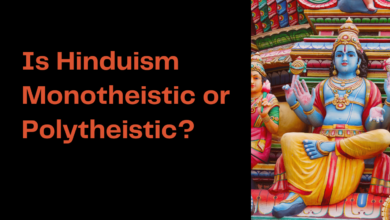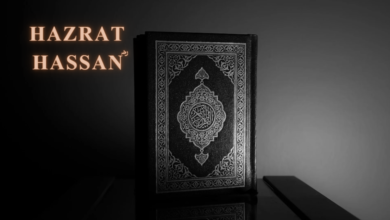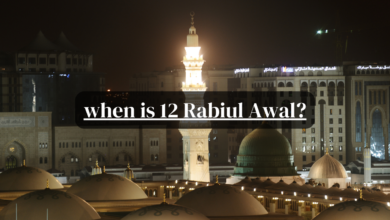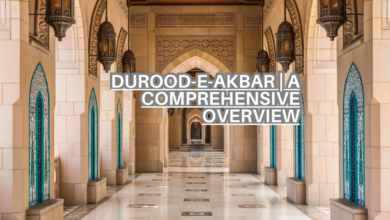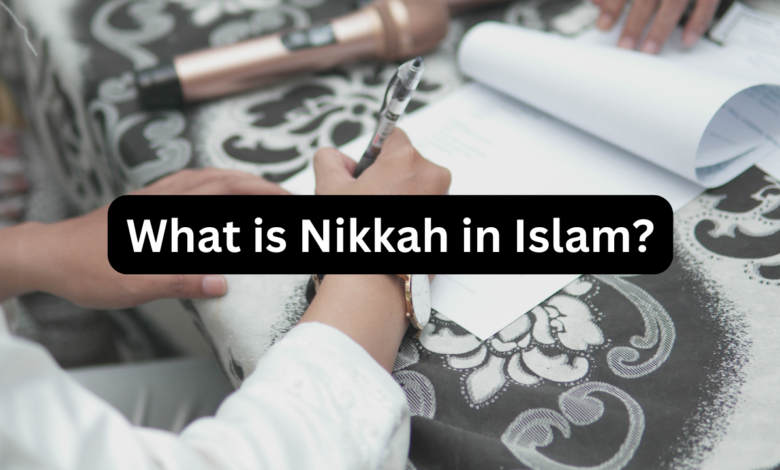
What is Nikkah in Islam?
Nikkah is the Islamic marriage contract that binds a man and a woman in matrimony in accordance with Islamic principles and teachings.
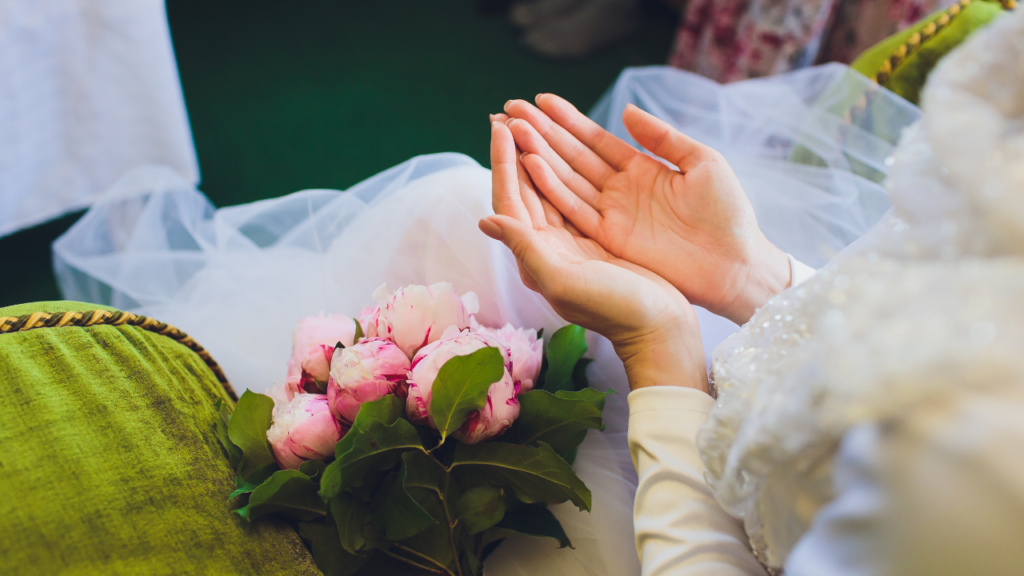
Introduction
Marriage holds a central and esteemed place in Islam, and the Nikkah ceremony is a significant and sacred event in the lives of Muslims. Nikkah, also known as Islamic marriage, is a religious contract that binds two individuals in matrimony, guided by the principles and teachings of Islam. This article delves into the essence of Nikkah in Islam, its significance, and the rituals associated with this holy union.
The Significance of Nikkah in Islam
Nikkah is a term derived from the Arabic language, meaning “to unite” or “to combine.” In Islam, marriage is considered a sacred covenant between a man and a woman, ordained by Allah (God). It is seen as an act of worship and a means to fulfill half of one’s faith. The Prophet Muhammad (peace be upon him) is reported to have said, “O young people! Whoever among you is able to marry, should marry…“
The primary purpose of Nikkah in Islam is to establish a stable, loving, and lawful relationship between two individuals. It is believed to provide numerous benefits, including:
- Preservation of Morality: Marriage is seen as a means to maintain chastity and protect individuals from engaging in sinful behavior.
- Emotional and Psychological Support: It offers companionship, emotional support, and a loving partnership between spouses.
- Procreation: Nikkah allows for the legitimate bearing of children within a stable family structure.
- Social and Economic Stability: It helps establish a stable social and economic foundation for both the couple and the wider community.
Also check.
- What are the Holy Books of Islam?
- What is Riba in Islam?
- What is Hell in Islam?
- Which of his children did Prophet Muhammad love the most?
- What was the first battle that Prophet Muhammad fought?
The Nikkah Ceremony
The Nikkah ceremony is a beautiful and solemn event in Islam, typically conducted in the presence of witnesses, family members, and a religious officiant. Here are the key components of a Nikkah ceremony:
- Consent: Both the bride and groom must willingly and verbally express their consent to the marriage. This consent is a fundamental requirement of a valid Nikkah.
- Mahr (Dower): The groom gives a gift or a sum of money to the bride as a symbol of his commitment and financial responsibility within the marriage.
- Witnesses: Two adult Muslim witnesses are required to testify to the validity of the marriage contract. Their presence ensures the legality of the Nikkah.
- Khutbah (Sermon): A brief sermon is often delivered by the religious officiant, reminding the couple of their responsibilities, rights, and the sanctity of the marital relationship.
- Du’a (Supplication): The ceremony usually concludes with a prayer for the couple’s happiness, prosperity, and a blessed union.
- Celebration: Following the Nikkah, it is customary for families to celebrate with a feast and exchange gifts.
Conclusion
Nikkah in Islam is a sacred and deeply meaningful institution that emphasizes the importance of commitment, love, and the preservation of moral values within the framework of marriage. It serves as a reminder of the profound responsibility and blessing of a marital union, as well as a means to strengthen the social fabric of the Muslim community. Understanding and respecting the significance of Nikkah is essential for those entering into this sacred contract, as it lays the foundation for a harmonious and blessed married life in accordance with Islamic principles.
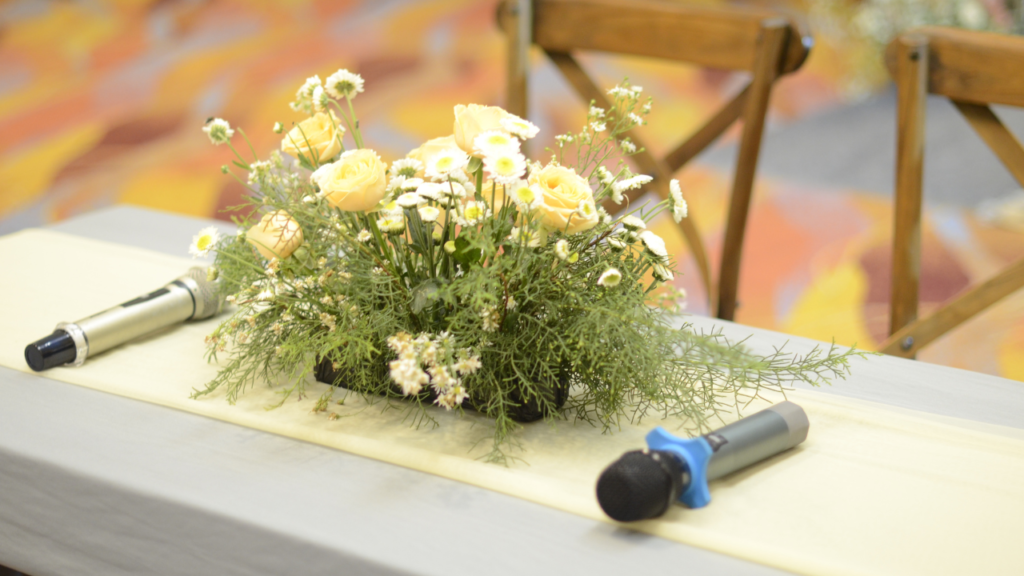
FAQs
What is Nikkah in Islam?
Nikkah is the Islamic marriage contract that binds a man and a woman in matrimony in accordance with Islamic principles and teachings.
What is the significance of Nikkah in Islam?
Nikkah is highly significant in Islam as it is considered a sacred covenant, fulfilling half of one’s faith, and serves to maintain morality, provide emotional support, and establish a stable family unit.
What are the essential components of a Nikkah ceremony?
A Nikkah ceremony typically involves the consent of the bride and groom, the giving of Mahr (dower), the presence of witnesses, a sermon, supplication, and often, a celebration.
Is a Nikkah ceremony the same as a civil marriage?
No, a Nikkah ceremony is a religious marriage contract in Islam, whereas a civil marriage is a legal contract recognized by the state. In many countries, couples may undergo both a Nikkah and a civil marriage for legal and religious purposes.
Who can officiate a Nikkah ceremony?
A qualified Islamic scholar or religious authority is typically chosen to officiate a Nikkah ceremony. They guide the proceedings and ensure that Islamic principles are upheld.
What is the role of witnesses in a Nikkah ceremony?
Witnesses are essential to testify to the validity of the marriage contract. They confirm that both the bride and groom willingly entered into the Nikkah.
What is the significance of the Mahr (dower) in a Nikkah ceremony?
The Mahr is a gift or sum of money that the groom gives to the bride as a symbol of his commitment and financial responsibility within the marriage.
Can a Nikkah be annulled or divorced?
Yes, Islamic law allows for the annulment or divorce of a Nikkah under certain circumstances, but the process is subject to specific Islamic legal procedures.
Are there any specific rituals or customs associated with Nikkah in different cultures or regions?
Yes, while the core elements of Nikkah remain consistent, there may be variations in customs and rituals based on cultural and regional traditions.
What is the role of Nikkah in the Muslim community?
Nikkah plays a crucial role in maintaining the moral fabric of the Muslim community by promoting lawful and morally upright relationships within the framework of Islamic teachings.
